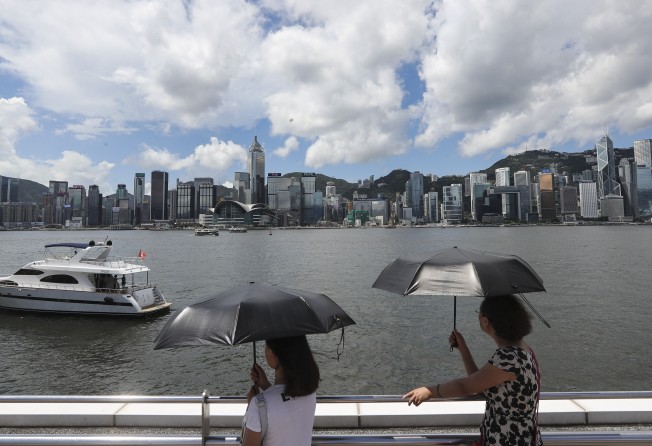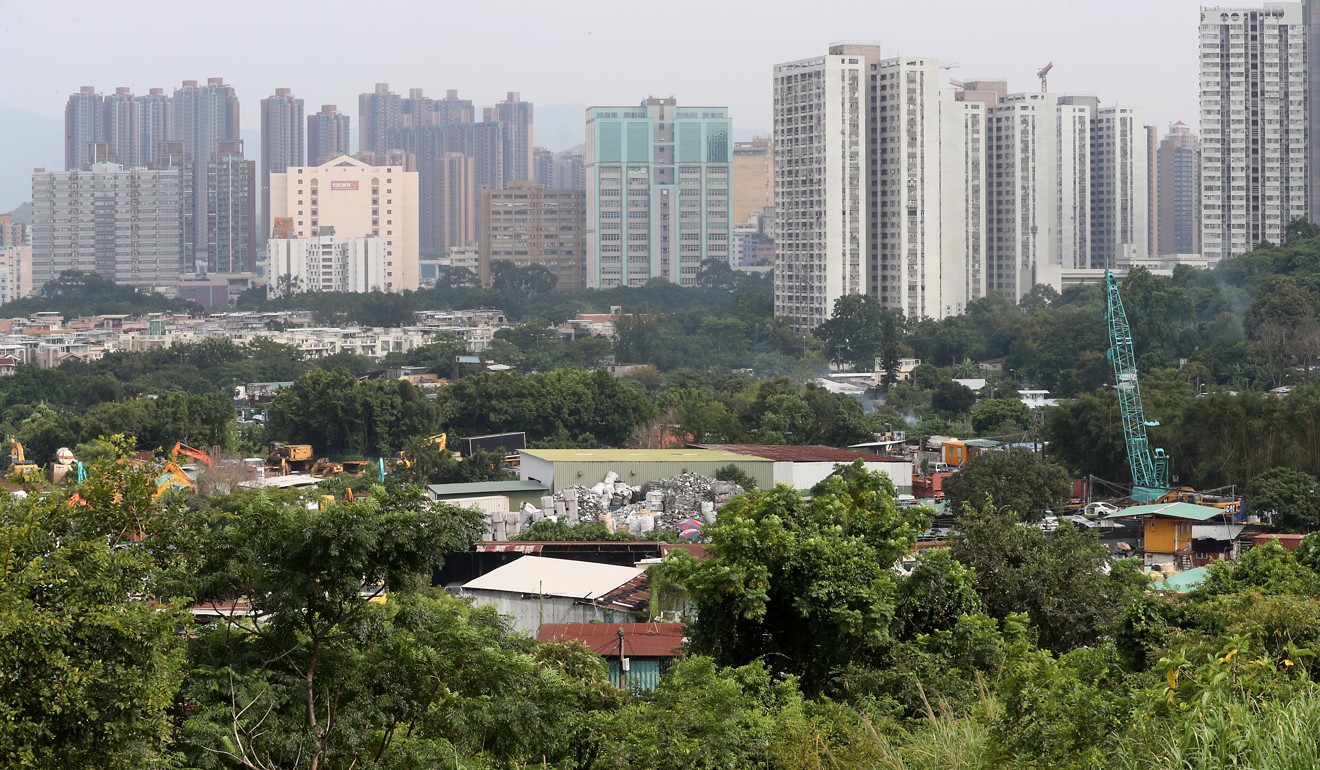
No 1 task for Hong Kong team aiming to ease housing shortage: listen to the people
Albert Cheng says the task force should prove its critics wrong and not merely facilitate private developers’ land search. Instead, it should seriously consider the many good suggestions in the community on where to find developable land

Last week, Chief Executive Carrie Lam Cheng Yuet-ngor announced the establishment of a task force to review land supply in Hong Kong. Thirty members have been appointed – 22 non-official members from various disciplines and eight government representatives. Public consultations on its proposals will be held to stir up debate in the community.
The majority of the 22 non-official members are from the pro-establishment camp, and at least seven of them have openly expressed opinions in favour of developing country park land and/or reclaiming Plover Cove Reservoir in the New Territories. There are no pro-democracy lawmakers on the task force, nor any representatives from local concern groups that have spent much time and effort studying land and housing issues in Hong Kong, such as the Liber Research Community. These groups are more critical of the government’s land policy; however, they have not been given a voice. The composition of the task force is obviously one-sided.

As we all know, the deep-rooted divisions in our community are one reason we’ve spent years grappling with land and housing problems. Over the past 20 years, since Hong Kong’s return to Chinese sovereignty, successive governments have failed to adequately address these issues.
The city’s previous chief executive, Leung Chun-ying, promised to formulate policies to help Hong Kong people buy their own flat, but instead implemented policies that mainly served the property developers and mainland interests. The Greater Bay Area development plan and the suggestion to merge Hong Kong and Shenzhen are two examples.
Watch: How Hong Kong housing has changed in the last 20 years
Judging from the formation of the task force, it is clear that Lam is following in Leung’s footsteps.
The government should strictly separate the public and private housing markets
I am against any plan to blindly develop land, and it is not the government’s responsibility to ensure everyone can buy their own flat, as that will push up property prices. Instead, the government should strictly separate the public and private housing markets. If Lam wants to help people climb the housing ladder to buy private property, the consequent price rises will only benefit the big corporates.
The government should build more public housing on the one hand, and continue its minimal interference in the market on the other. When people’s basic needs for housing are fulfilled, they won’t feel compelled to buy their own property. Demand will fall, and the market will develop steadily.
The government blames a shortage of land for the housing problem, and critics believe the task force is being formed to find more land for private developers. Can the government prove its critics wrong?
Several suggestions for land supply have emerged in the community, including one to build on the substantial number of brownfield sites in the New Territories, and another to develop the land of the Hong Kong Golf Club in Fanling. All have been ignored by the government.

These suggestions should also be considered: develop the land marked for PLA use, which is idling now; move the racecourses from Happy Valley and Sha Tin to Lantau; redevelop the co-op housing for civil servants built during the colonial period; and, terminate the small house policy and use the land to build more high-rises.
The government may also consider revitalising industrial buildings and turning them into residential lofts, which has proved popular in the United States and some European countries. Hong Kong, which has a lot of underused industrial buildings, should adopt similar strategies.
To accomplish the above missions, the government should merge the Housing Authority, the Housing Society and the Urban Renewal Authority and form an effective and efficient government body to address the housing problem.
The solutions have always been there, it is up to Lam to accept public opinions and adopt policies which can turn the situation around.
Albert Cheng King-hon is a political commentator. [email protected]